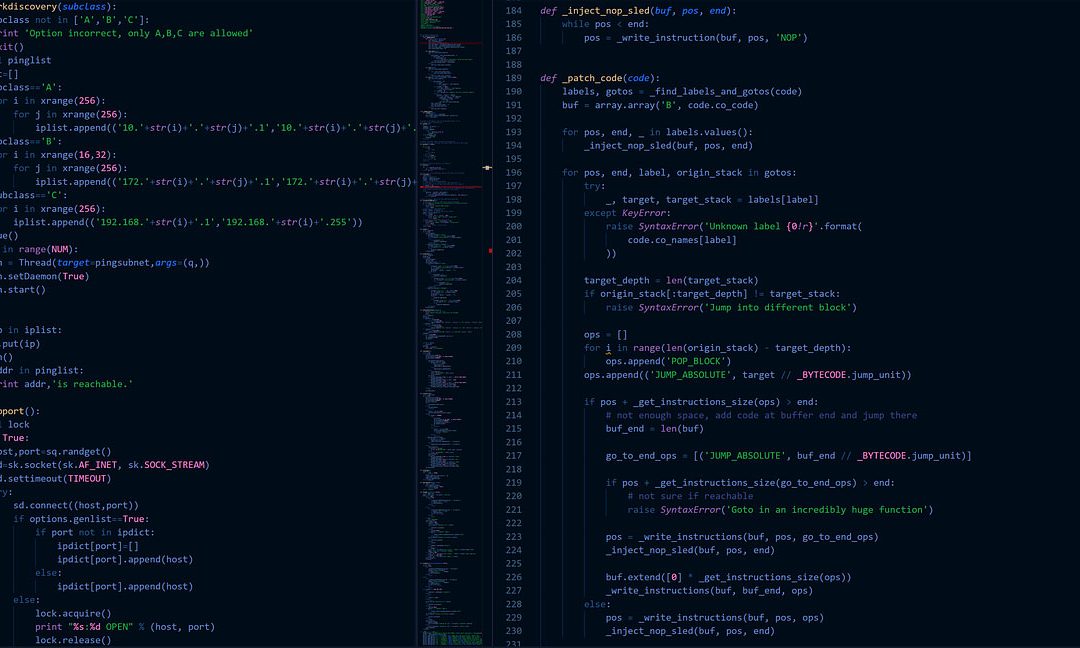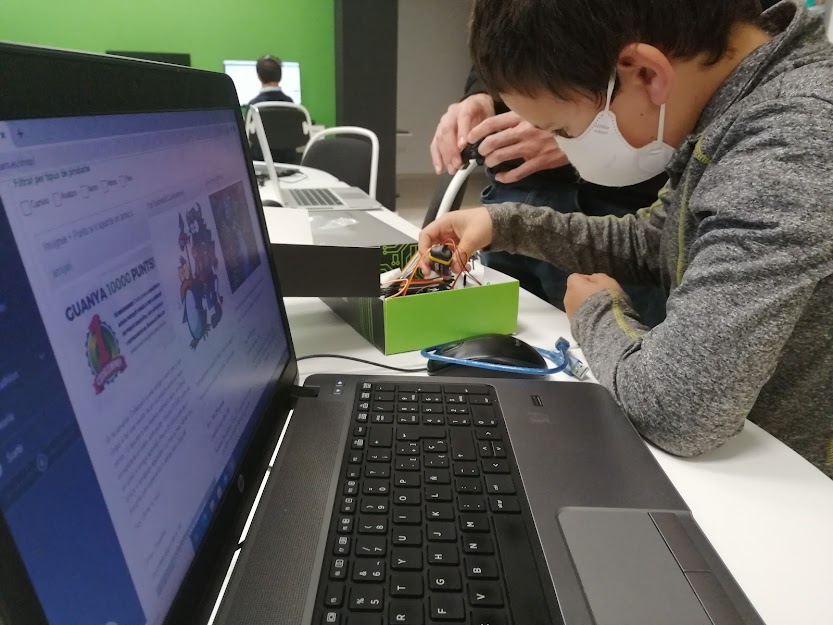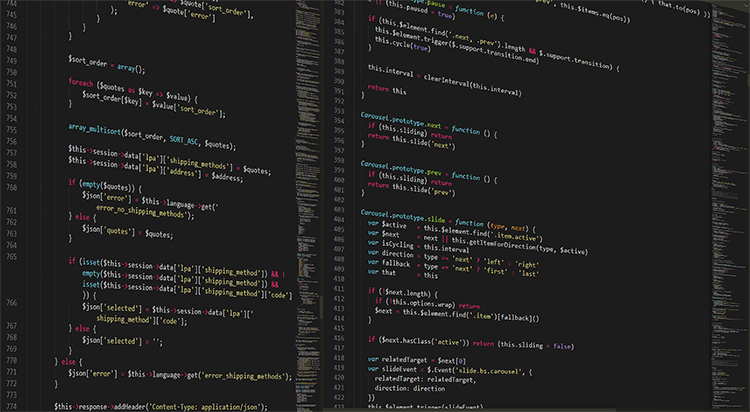Blog

What is a Smart Contract?
A Smart Contract is an agreement between parties which contains a set of instructions in the form of code and that is executed in the blockchain, so that it is stored in a public database and cannot be modified. Transactions in a smart contract are processed by the blockchain, which means that they can be sent automatically without any intermediary. Transactions only occur when the conditions of the prearranged agreement are met: there is no third party, so there are no trust issues.

Codelearn special weeks: Supercomputing
This week we are celebrating the first theme week of this school year, which will be dedicated to supercomputing. Supercomputers are computers which have much higher computing and processing capabilities than ordinary computers like the ones we have at home. They are used to perform many computational tasks in various fields, such as meteorological forecasting, computational chemistry, quantum mechanics, physical simulations, among others.

Classification of Programming Languages
Programming languages are communication systems which allow programmers giving specific instructions to machines and computers, so that they can perform the actions that are necessary to achieve certain goals. Through programming languages, programmers can communicate with machines using their language (programming), through which they can write instructions in the form of algorithms and tell computer systems what they want them to do.

Codeathlon Winners – 2021 Autumn Edition
ICKKDBB are the winners of the latest edition of the Codeathlon. They finished the competition with 49 points, exactly the same as Infinity Sabadell (second place), but managed to score 130 goals, while the runners-up scored 129. The Golden League podium was completed by EXPLORER TEAM, with 45 points and 99 goals.

The most popular programming languages (2021)
We are entering the final stretch of the year and it is time to take a look at the most popular programming languages in 2021. Throughout the year many ranking lists are published and each one takes into account different metrics, such as how many times and in which contexts a language has been searched in search engines, including job offers, forums for programmers, training, or free software development.
